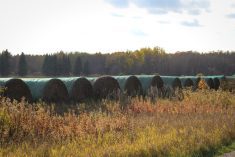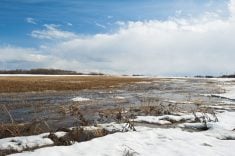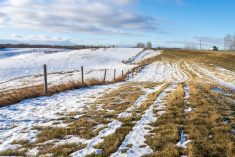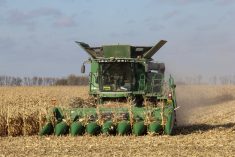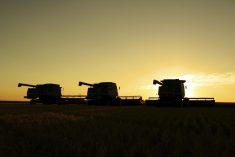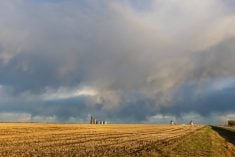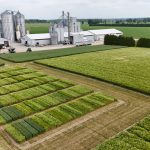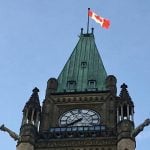Saskatchewan’s general farm organization is consulting its farmer members on less-discussed features of last month’s provincial budget, while warning them to brace for impact from new budget-related costs.
The Agricultural Producers Association of Saskatchewan last Monday wrapped up its latest round of spring district meetings, at all six of which APAS general manager Duane Haave presented on the budget’s impact on farmers.
While the province characterized its budget as a bid to raise consumption taxes and cut back its reliance on dwindling oil and potash revenues, “there seems to be a desire among some people to pit urban against rural,” said Haave.
Read Also
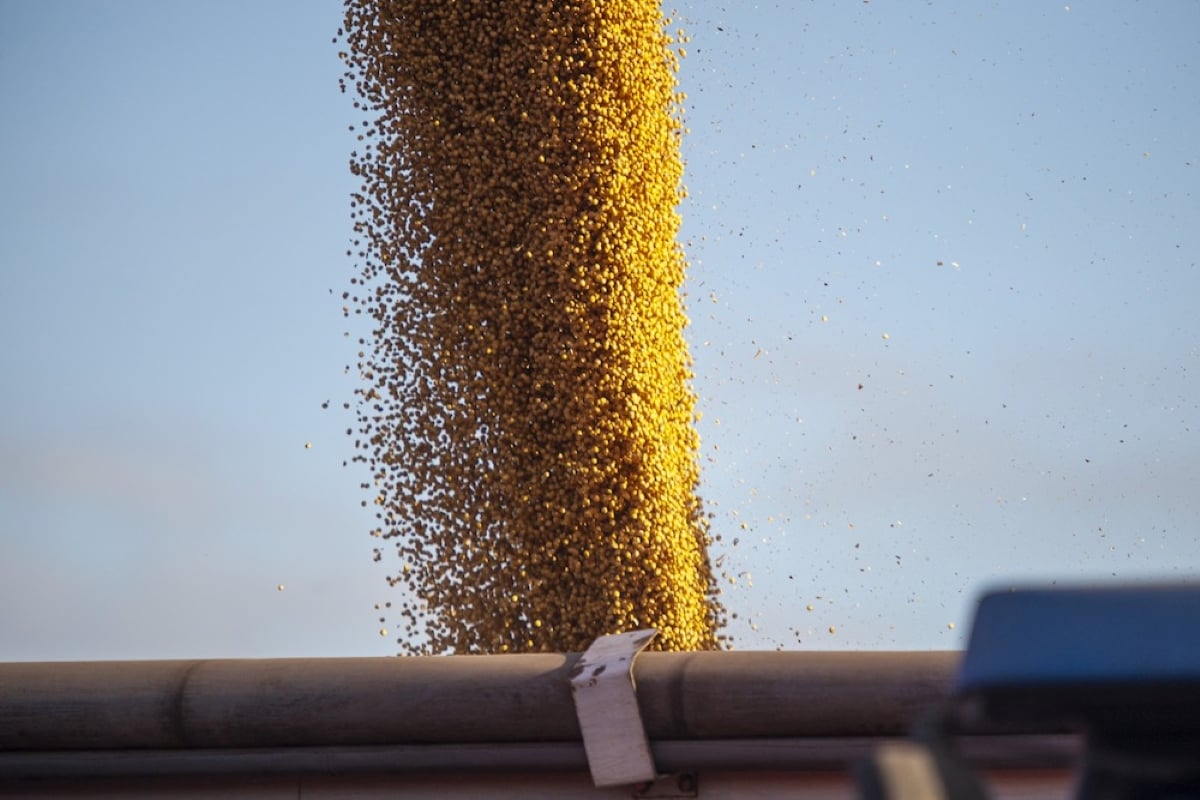
Brazil to reap record soy crop in 2025/2026, increase exports
Brazil’s Conab said the country will reap a record soybean crop of 177.6 million tons in the 2025/2026 harvest year, according to data released on Thursday.
However, he said, in this budget, farmers are definitely sharing the pain.
APAS has estimated changes to provincial sales tax and the removal of farm fuel exemptions will cost Saskatchewan farms about $74 million annually, and $28.8 million of that increase will come from the government’s move to charge PST — which itself was raised to six per cent — on insurance premiums.
Farmers can often pay relatively more insurance than business owners in other industries, Haave said, noting insurance premiums for crops, livestock, hail protection, buildings, vehicles and other machinery, and income stabilization.
APAS has previously said a farm paying $100,000 in premiums alone isn’t out of the ordinary.
The province has also already estimated that ending farmers’ fuel tax exemption for bulk purchases of gasoline, and cutting farmers’ exemption for bulk diesel — both effective April 1 — will generate $40.2 million in extra fuel tax revenue.
APAS members, during their meetings, also discussed the budget’s planned elimination of the Saskatchewan Pastures Program, plus the province’s plan to sell its fleet of grain hopper cars.
APAS directors are consulting with affected members about those changes.
Other agricultural issues APAS members discussed at district meetings include Saskatchewan’s trespassing laws, changes to drainage legislation, the Canadian Grain Commission surplus and the federal government’s consultations on changes to cash purchase deferrals.
Each of the six APAS meetings closed with a presentation on climate change, including information about carbon emissions from crop and livestock production, Canada’s carbon reduction commitments and how much a carbon tax might cost farmers
Members are adamant that before a carbon tax is imposed, government must recognize the carbon sequestration that has come from changing farm management practices. “The taxes and recognition have to be together,” said APAS president Todd Lewis.
APAS directors plan to develop a carbon policy proposal at an upcoming “Carbon Policy Summit” on July 13-14 in Saskatoon.
— Leeann Minogue is editor of Grainews at Griffin, Sask. Follow her at @grainmuse on Twitter.



